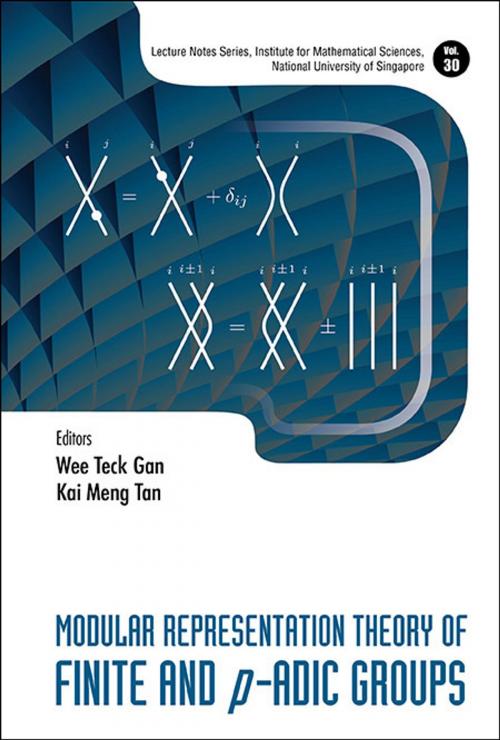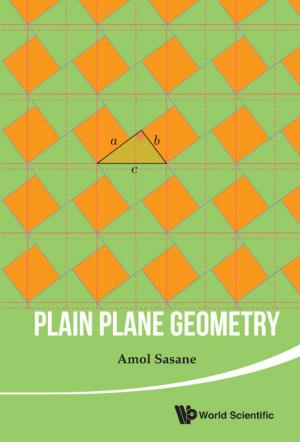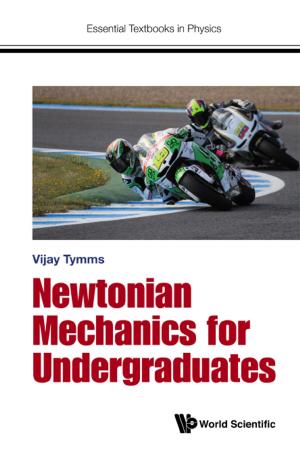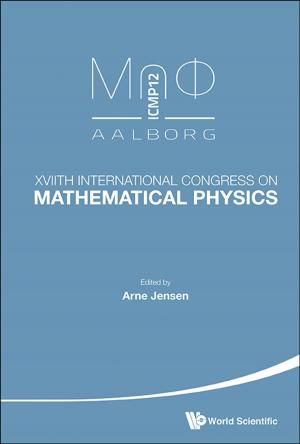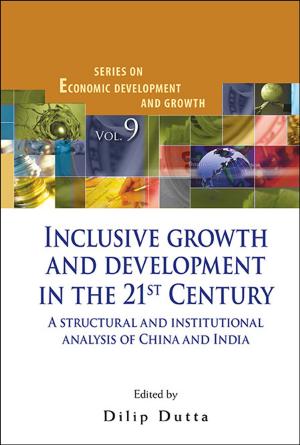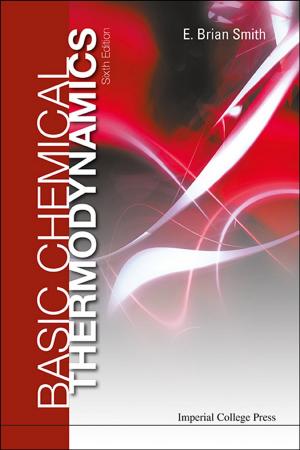Modular Representation Theory of Finite and p-Adic Groups
Nonfiction, Science & Nature, Mathematics, Group Theory, Algebra| Author: | Wee Teck Gan, Kai Meng Tan | ISBN: | 9789814651820 |
| Publisher: | World Scientific Publishing Company | Publication: | February 13, 2015 |
| Imprint: | WSPC | Language: | English |
| Author: | Wee Teck Gan, Kai Meng Tan |
| ISBN: | 9789814651820 |
| Publisher: | World Scientific Publishing Company |
| Publication: | February 13, 2015 |
| Imprint: | WSPC |
| Language: | English |
This volume is an outgrowth of the program Modular Representation Theory of Finite and p-Adic Groups held at the Institute for Mathematical Sciences at National University of Singapore during the period of 1–26 April 2013. It contains research works in the areas of modular representation theory of p-adic groups and finite groups and their related algebras. The aim of this volume is to provide a bridge — where interactions are rare between researchers from these two areas — by highlighting the latest developments, suggesting potential new research problems, and promoting new collaborations.
It is perhaps one of the few volumes, if not only, which treats such a juxtaposition of diverse topics, emphasizing their common core at the heart of Lie theory.
Contents:
- Modular Representations of Finite Reductive Groups (Marc Cabanes)
- ℓ-Modular Representations of p-Adic Groups (ℓ ≠ p) (Vincent Sécherre)
- p-Modular Representations of p-Adic Groups (Florian Herzig)
- Representation Theory and Cohomology of Khovanov–Lauda–Rouquier Algebras (Alexander S Kleshchev)
- Cyclotomic Quiver Hecke Algebras of Type A (Andrew Mathas)
Readership: Graduate students and professional mathematicians interested in modular representation theory.
Key Features:
- Contains a survey of modular representation theory of finite groups of Lie type, with a description of recent progress and outstanding conjectures
- Covers the modular representation theory of p-adic groups in both defining and non-defining characteristic which is being pursued in the modular Langlands program
- Introduces the increasingly popular representation theory of Khovanov–Lauda–Rouquier algebras and the graded representation theory of cyclotomic Hecke algebras
- Suitable for graduate students as well as mathematical researchers who desire to learn about representation theory in these areas
This volume is an outgrowth of the program Modular Representation Theory of Finite and p-Adic Groups held at the Institute for Mathematical Sciences at National University of Singapore during the period of 1–26 April 2013. It contains research works in the areas of modular representation theory of p-adic groups and finite groups and their related algebras. The aim of this volume is to provide a bridge — where interactions are rare between researchers from these two areas — by highlighting the latest developments, suggesting potential new research problems, and promoting new collaborations.
It is perhaps one of the few volumes, if not only, which treats such a juxtaposition of diverse topics, emphasizing their common core at the heart of Lie theory.
Contents:
- Modular Representations of Finite Reductive Groups (Marc Cabanes)
- ℓ-Modular Representations of p-Adic Groups (ℓ ≠ p) (Vincent Sécherre)
- p-Modular Representations of p-Adic Groups (Florian Herzig)
- Representation Theory and Cohomology of Khovanov–Lauda–Rouquier Algebras (Alexander S Kleshchev)
- Cyclotomic Quiver Hecke Algebras of Type A (Andrew Mathas)
Readership: Graduate students and professional mathematicians interested in modular representation theory.
Key Features:
- Contains a survey of modular representation theory of finite groups of Lie type, with a description of recent progress and outstanding conjectures
- Covers the modular representation theory of p-adic groups in both defining and non-defining characteristic which is being pursued in the modular Langlands program
- Introduces the increasingly popular representation theory of Khovanov–Lauda–Rouquier algebras and the graded representation theory of cyclotomic Hecke algebras
- Suitable for graduate students as well as mathematical researchers who desire to learn about representation theory in these areas
